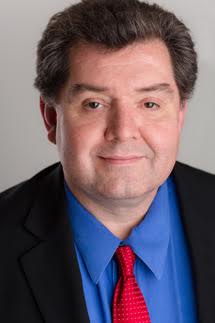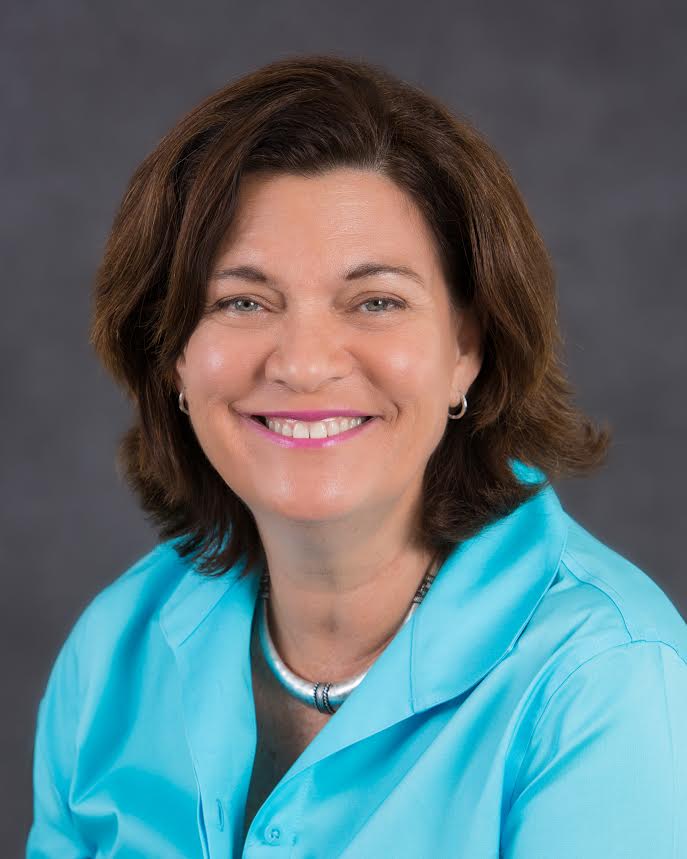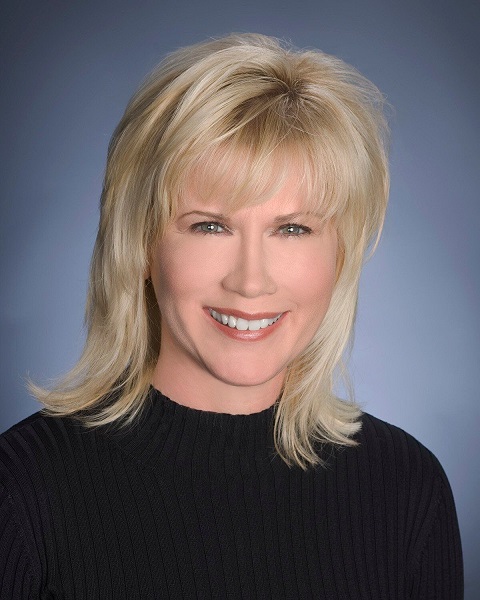Administrators from around the country provide key insights for other administrators to successfully manage their centers.
Susan Cheek, CPA, CHCC, CASC, administrator of Dallas Endoscopy Center and CEO of BridgeConx software solutions
"Watch out for insurance companies paying via credit card for their payment to your ASC, as this will process through your credit card payment system. You would then be paying the credit card processing fees, thus effectively reducing your amount of reimbursement. While we accept credit card payments from patients, insurance payments on credit cards would generate much larger fees. Watch for insurance companies putting language in your contracts to allow this form of payment."
Jeffrey Flynn, administrator of New York-based Gramercy Surgery Center

"To date, insurance companies are well aware of the differences between in-network ASC rates and HOPD rates. Hence, insurance companies are more open to communicate or negotiate with ambulatory surgery centers that offer multiple specialties, whereas ASCs with only few specialties often find it difficult to keep payers interested. Multispecialty ASCs can educate and collaborate with payers and reach favorable results more efficiently."
"As a freestanding ambulatory surgery center, it is crucial to maintain a good relationship with hospitals in their surrounding community. Hospitals will view you as an ally for them to outlet procedures and free up their ORs. ASCs can build a partnership or a good-term relationship with hospitals by creating residency programs, setting up transfer agreements, inviting senior management of hospitals to visit your facilities and welcoming cases that are not profitable to hospitals but financially favorable to ASCs. A good relationship with hospitals plays an important role for ASCs' future collaboration and growth."
Benita Tapia, RN, CASC, administrator of Precision Ambulatory Surgery Center in Beverly Hills, Calif.
 "First and foremost, all ASC administrators have to realize it takes a team to run an efficient, profitable ASC with great outcomes and patient satisfaction. Picking the right team is three-fourths of the way to success, which includes surgeons that have the reputation for efficiency with great outcomes."
"First and foremost, all ASC administrators have to realize it takes a team to run an efficient, profitable ASC with great outcomes and patient satisfaction. Picking the right team is three-fourths of the way to success, which includes surgeons that have the reputation for efficiency with great outcomes."
"Picking the right technology makes everyone's job easy. Include the team when picking software, and make sure that it is specific to ASCs. Schedulers, inventory technicians, billers, anesthetists, administrators and nurses all have to use the software. Technology should be user-friendly, and it could produce the most sophisticated reports in the world but if it's difficult to use, it's useless. Talk to other ASCs and find out what software they are using and if they are happy with it."
"Surgeons that chronically turn up late should be given the choice of rescheduling or waiting for the next available surgery spot for the day. One surgeon turning up late can make multiple patients and other surgeons who show up on time unhappy. This can cause inefficiency, staff on overtime, unhappy surgeons and patients."
Gabrielle White, RN, CASC, executive director of ambulatory services and network development of the Hoag Orthopedic Institute's of Orthopedic Surgery Center of Orange County (Calif.)
 "If you want a surgeon to change a preference of implant for a particular case and to help improve value – give them data that supports the change. At OSC, we will show the surgeon the cost of the implant request [plus case cost] versus reimbursement and ask if they have alternative vendors we can get competitive pricing from."
"If you want a surgeon to change a preference of implant for a particular case and to help improve value – give them data that supports the change. At OSC, we will show the surgeon the cost of the implant request [plus case cost] versus reimbursement and ask if they have alternative vendors we can get competitive pricing from."
"Know the finer details of all payers' general policies that come out each year for member coverage – this is where you can learn if or what implants and services will be covered for the year."
"New technology or a new spin on technology is often very costly and rarely covered by the payer."
"It's not just about cleaning [OR, equipment] between patients, it's preventing infections – your support staff plays a very important role in this. The OR is the most costly department in an ASC. Educate the teams on the cost of products and how the center is reimbursed. We often don't get paid for items wasted."
"Be open to helping your competitor when you can, one day you may need them to return the favor."
Maria B. Freed, MHSA, administrator of Coral Gables Surgery Center in Miami.
 "I like to drop in on doctors' offices, and introduce myself to the front office staff, coordinators and if available, the office manager. I never call or email. I never ask for the physician on my first visit — choosing instead to focus on the doctor's support staff for information and genuine relationship building. I'm always honest about my intentions by saying 'I represent this ASC, and we would like to do more cases in this specialty and I am trying to gain a better understanding about these cases.' ASC administrators don't typically get out. I often hear, 'you are the first administrator to ever visit us.' Being first is always a good thing."
"I like to drop in on doctors' offices, and introduce myself to the front office staff, coordinators and if available, the office manager. I never call or email. I never ask for the physician on my first visit — choosing instead to focus on the doctor's support staff for information and genuine relationship building. I'm always honest about my intentions by saying 'I represent this ASC, and we would like to do more cases in this specialty and I am trying to gain a better understanding about these cases.' ASC administrators don't typically get out. I often hear, 'you are the first administrator to ever visit us.' Being first is always a good thing."

Jayne B. Bacot, RN, CNOR, CASC, administrator of Lake Surgery Center in Baton Rouge, La.
"Everyday has good in it. You just have to find it. We are in a healing profession and must not forget that."
More healthcare news:
ASC infection control: 3 main surveyor focus areas in 2016
Ohio becomes 13th ACA co-op to close: 4 things to know
Aetna & Texas Health Resources partner on healthcare plan company: 7 points
